Reliable Lead Inspection Solutions for Residential Properties
Lead inspections are essential for identifying the presence of lead-based paint and related hazards in residential and commercial properties. These inspections help ensure safety by detecting lead risks that can affect occupants, especially in buildings constructed before lead paint was banned. Regular lead inspections can prevent exposure and facilitate necessary remediation efforts.
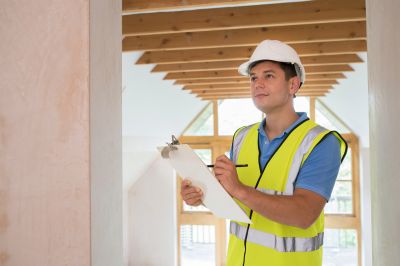
Professionals conducting thorough lead inspections in various building types.
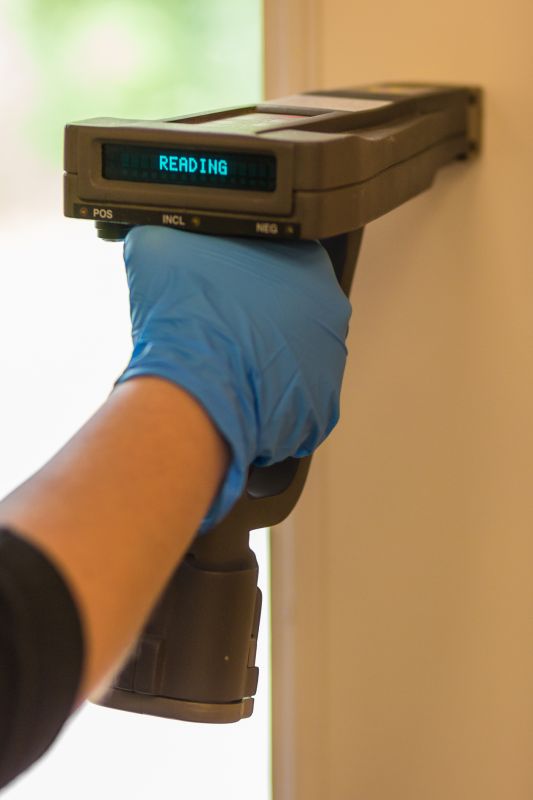
Samples collected from walls and surfaces for laboratory analysis.
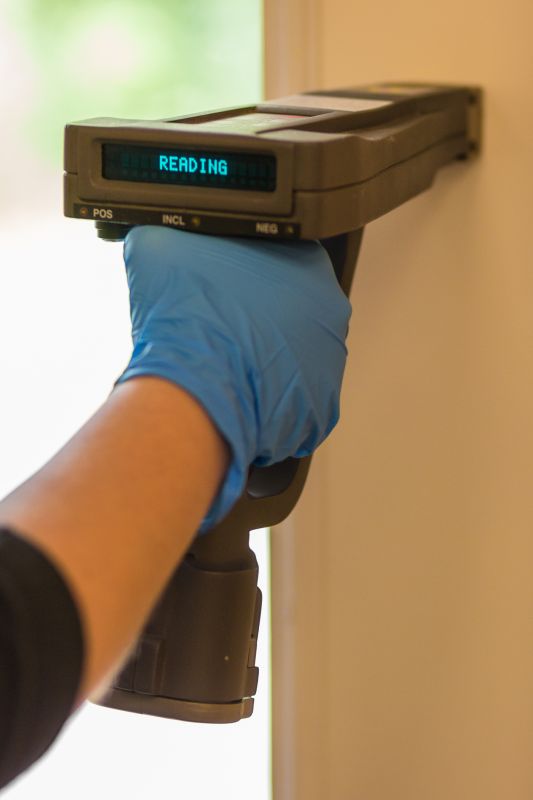
Specialized equipment used to detect lead hazards accurately.
Lead inspections typically involve a detailed assessment of paint, dust, soil, and water sources that may contain lead. The process includes visual examinations and sampling procedures to evaluate the extent of lead presence. Identifying lead hazards early can prevent health issues, particularly for children and pregnant individuals.
The duration of a lead inspection varies depending on the size and complexity of the property. On average, a professional inspection can take between a few hours to a full day. The comprehensive nature of the process ensures that all potential lead sources are thoroughly evaluated, providing a clear picture of any risks present.
Includes visual assessment, sampling, laboratory testing, and reporting.
Experts use specialized tools and techniques to ensure accurate detection and assessment of lead hazards.
Early detection prevents health risks and guides effective remediation strategies.
Hiring experienced professionals for lead inspections ensures precise results and comprehensive evaluations. Their expertise allows for proper sampling, interpretation of findings, and adherence to safety standards. This reduces the risk of overlooked hazards and supports informed decision-making regarding property safety.
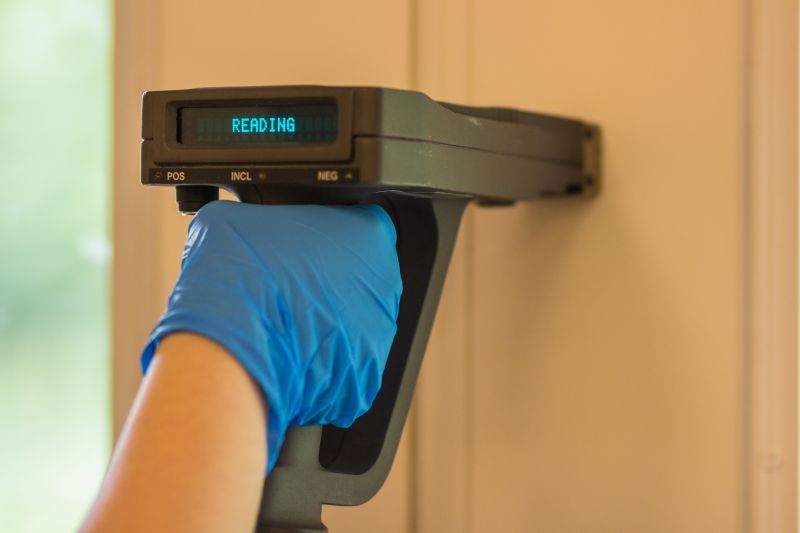
Advanced tools used for accurate lead detection.
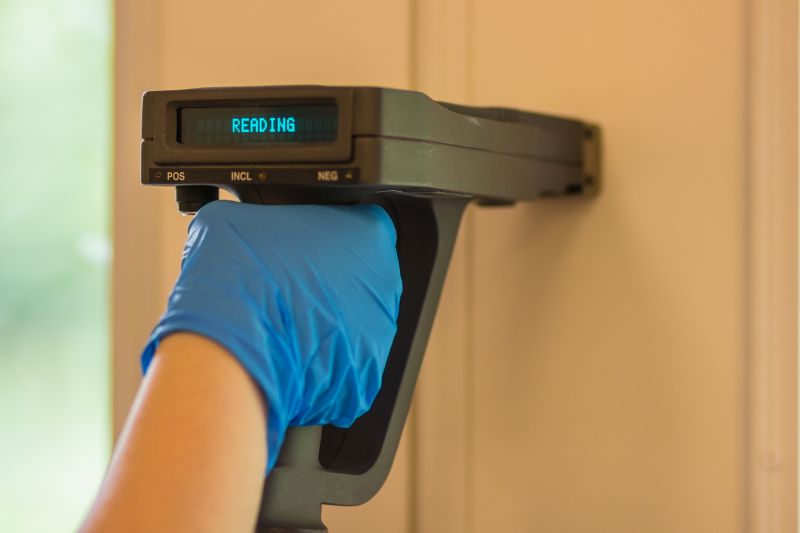
Professionals collecting paint and dust samples for testing.
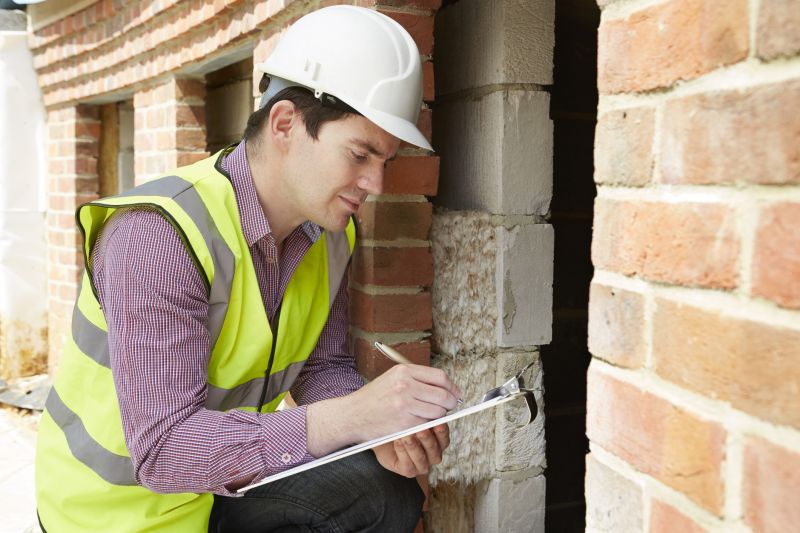
Detailed documentation outlining findings and recommendations.
Following a lead inspection, a comprehensive report is prepared, detailing the findings and recommended actions. This report helps property owners and occupants understand the level of lead hazards and the necessary steps for mitigation or remediation.
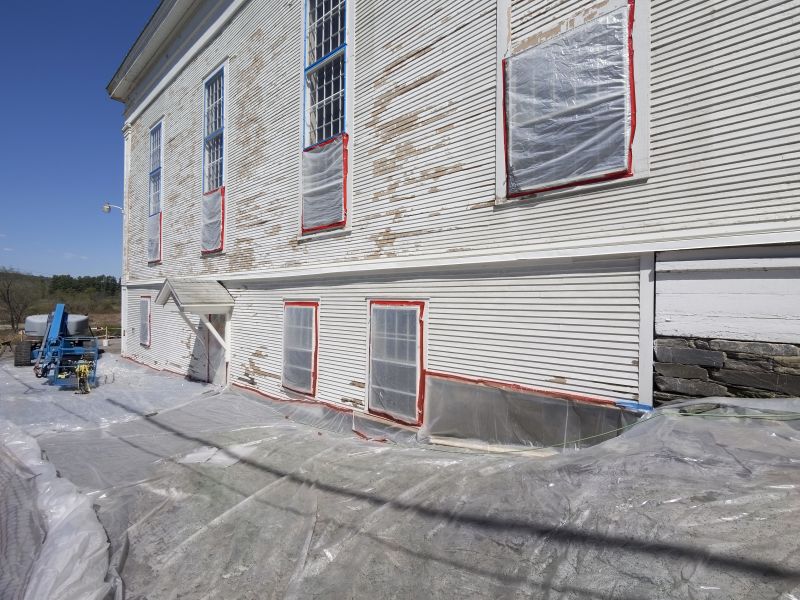
After lead removal, surfaces are tested and certified safe.
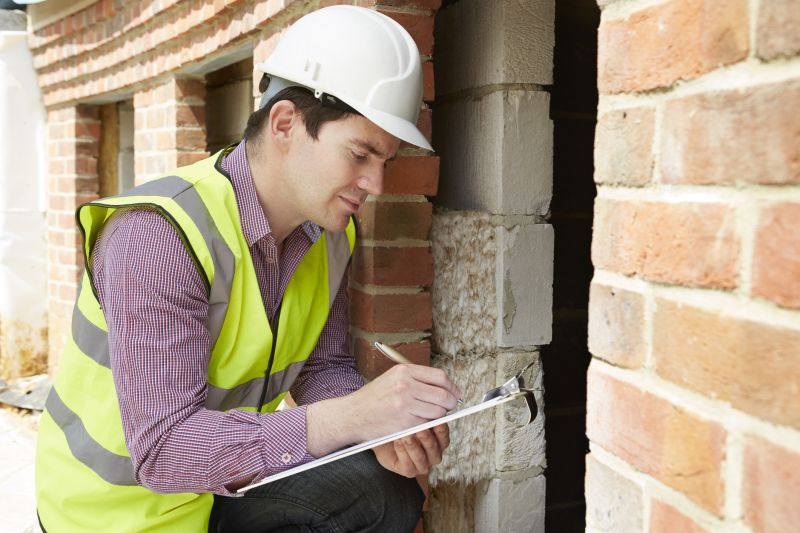
Visual confirmation of completed lead hazard repairs.
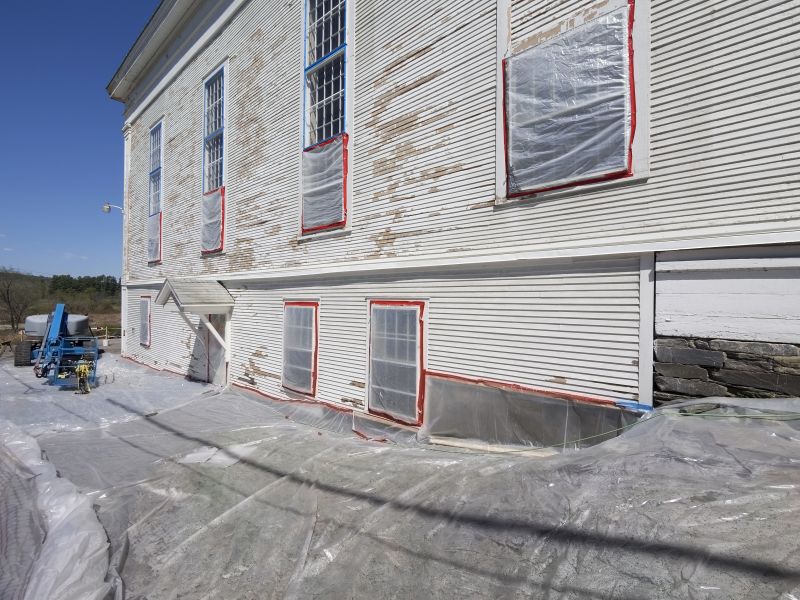
Occupants enjoying a lead-safe space after remediation.
Proper lead inspections and subsequent remediation can significantly reduce health risks associated with lead exposure. Regular assessments and timely interventions are vital for maintaining a safe environment, especially in older buildings where lead-based paint was commonly used.
Interested in scheduling a lead inspection or obtaining a detailed quote? Filling out the contact form provides an easy way to initiate the process and receive further information tailored to specific property needs.
